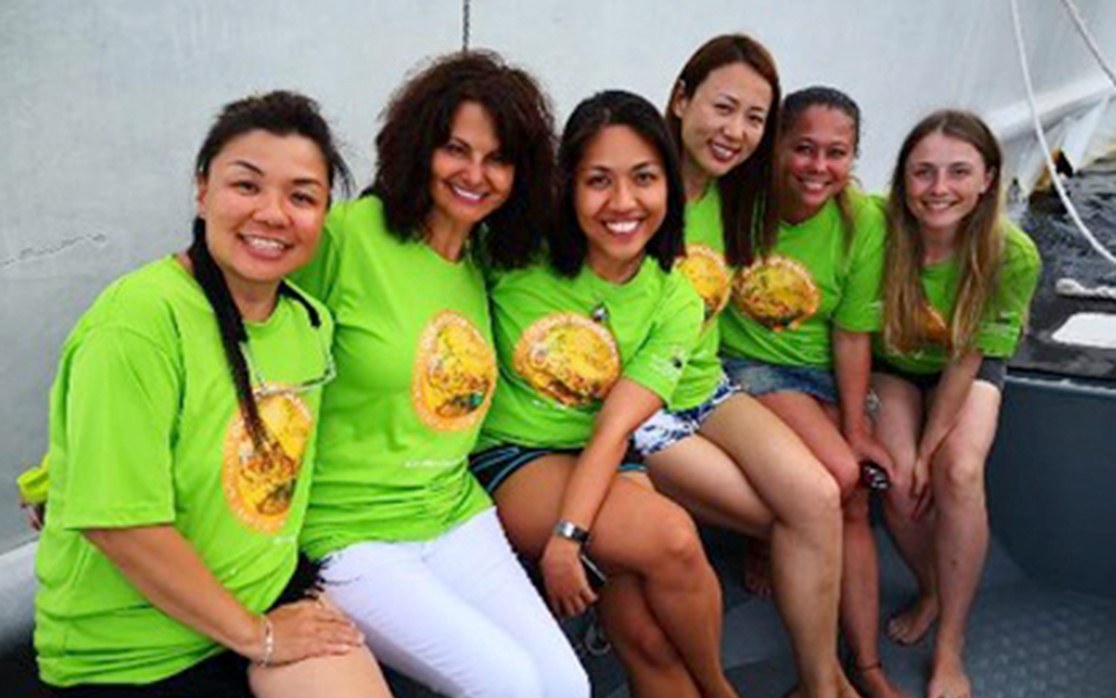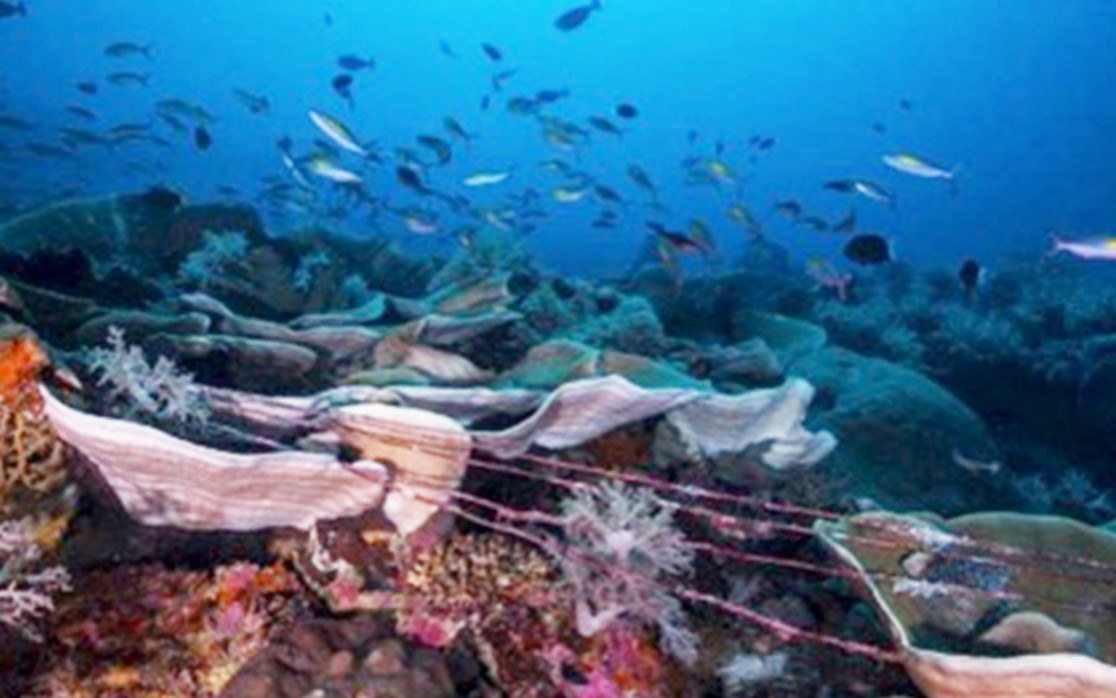Singapore, 29 October 2018 – With 2018 being declared as the International Year of the Reef, CDL E-Generation Challenge offered participants the chance to win a trip to Raja Ampat together with the Elysium Epic Heart of the Coral Triangle expedition. Amongst the submissions received, the ones by Anna Oposa and Sam Shu Qin stood out and were chosen by CDL, co-sponsors OCBC and Global Green Economic Forum (GGEF), as winners for this year’s challenge.
Anna Oposa was assigned to the vessel Gaia Love, where she joined expedition director and award-winning photographer, Michael Aw, along with luminary scientists, artists, and underwater photographers like David Doubilet and Jennifer Hayes Undersea Images on board. She assisted Microplastic Head Scientist Charlotte Young to trawl some identified sites for microplastics, and found that fish and coral diversity at Raja Ampat was spectacular and vibrant but unfortunately, microplastics were still found even at the heart of the coral triangle.
Sam Shu Qin was assigned as the lead scientist for coral on the Damai II boat where she conducted seven coral surveys. Her route had the most exciting dives as they dropped right into a school of hammerhead sharks on their first dive, and even encountered sea snakes in the Banda sea. However, marine debris such as long lines and burlap sacks were found on some of the dive sites. These underwater trash can destroy coral reefs and entangle marine animals living within. Sam and her team remedied the situation by removing the fish lines.
After 11 days at sea, all three vessels docked at Sorong, Indonesia for two days of conference to share their findings on coral, fish and microplastic. The preliminary findings from the expedition was presented by Dr Sylvia Earle at the “Our Ocean Conference” in Bali on 29 and 30 October 2018.
Youth conversation on arctic’s impact
On 1 September 2018, the Singapore Sustainability Academy (SSA) hosted a forum for youths, titled ‘What a Changing Arctic Means for Singapore’, to raise awareness on why countries in the tropics should be concerned about the effects of climate changes in the Arctic region.
Organised by the National University of Singapore (NUS) Energy Studies Institute and Global Compact Network Singapore, this seminar for youths aimed to enable them to reflect on these global challenges, as well as to tap on to opportunities offered with the globalisation of the Arctic.
Arctic-based experts from Lapland and the United States were among the panellists. They covered topics including the changes in the Arctic and its impact on Singapore; advancing sustainable development in the Arctic; living and working in the region; and the implications of a changing Arctic on Singapore’s global competitiveness.

